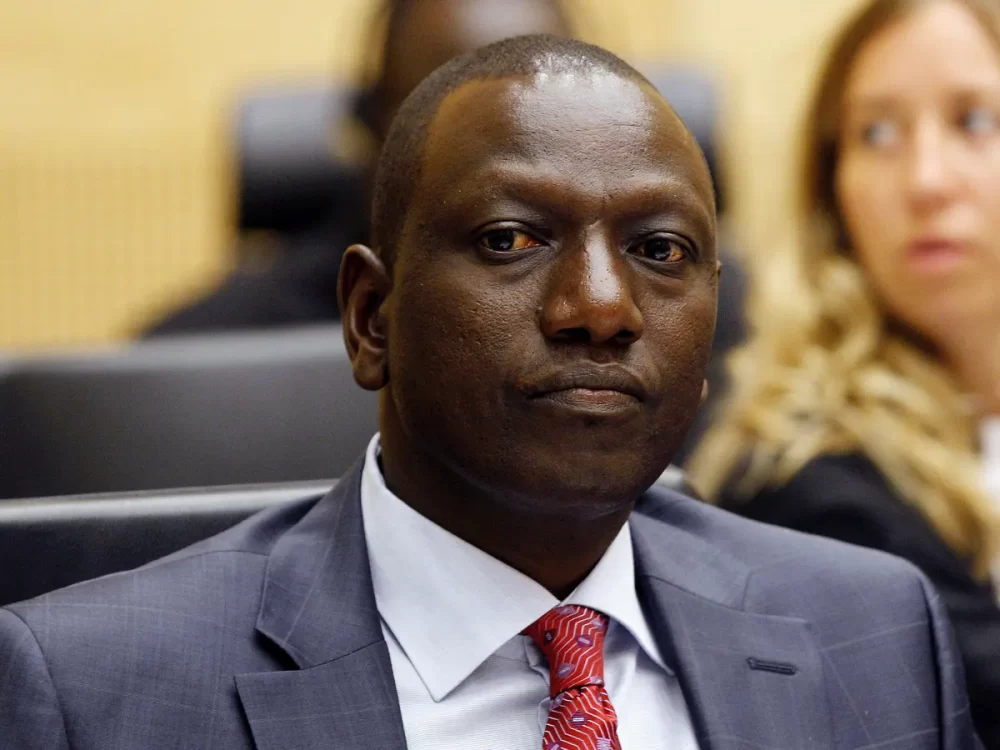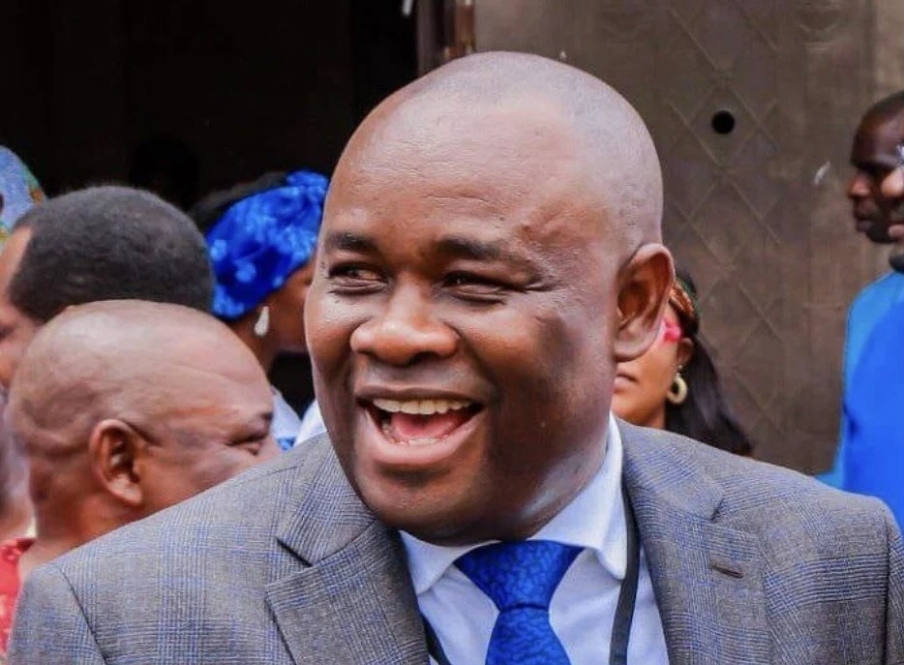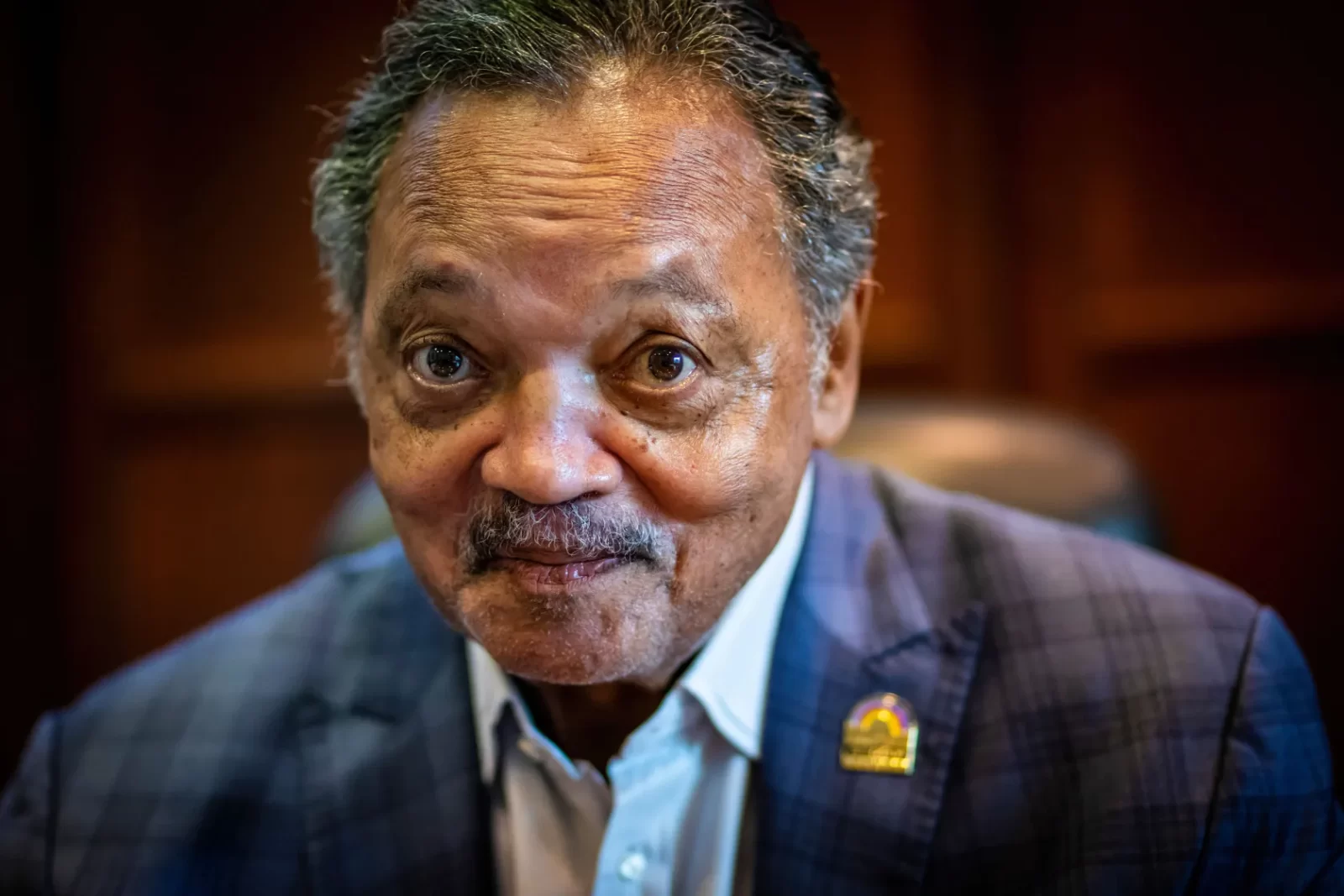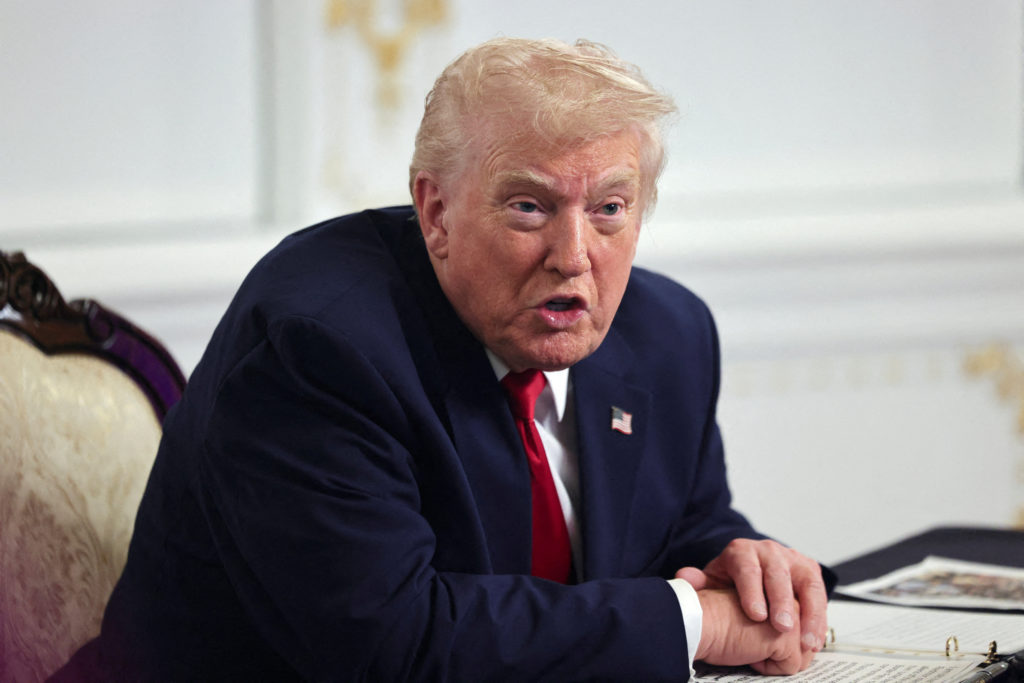Kenya’s Vice President, William Ruto, has won the country’s presidential election, the Head of Kenya’s Electoral Commission announced on Monday.
But the validity of the result was thrown into doubt because of a statement minutes earlier by a majority of the election commissioners that they could not stand by the outcome.
In a speech just after the announcement, the President-elect Ruto said: “All sovereign power belongs to the people of Kenya. I want to thank God for getting us to this point. I want to thank God that today we have concluded this election.”
He described the vote as “a very historic, democratic occasion that moves our country to the next level.”
“I know many are wondering, especially those who have done many things against us, I want to tell them they have nothing to fear,” he added.
“There is no room for vengeance, there is no room for looking back, we are looking to the future.”
The election pitted two of the country’s political heavyweights against each other — Mr. Ruto is the country’s vice president, while Raila Odinga is a veteran opposition leader who has lost four previous election runs.
Kenya is East Africa’s biggest economy, and it is pivotal not only for the stability of the region, but as a hub for trade and security.
The presidential race, Kenya’s closest since the country’s first truly competitive election 20 years ago, is also being closely scrutinized by Western and regional allies as a key test for democracy in one of Africa’s powerhouse nations.
Ruto, 55, also a wealthy businessman, cast himself as a champion of Kenya’s “hustler nation” — the disillusioned, mostly young strivers struggling to gain a foothold.
A vice chairwoman of the Independent Electoral and Boundaries Commission, Juliana Cherera, speaking on behalf of four of the country’s seven commissioners said the panel could not take ownership of the results because of the “opaque nature” of the election’s handling.
Celebrations broke out in Eldoret town, a Ruto stronghold, immediately after the announcement, with a deafening cacophony of cars and motorcycle horns, whistling and screaming filling the streets in the downtown area.
The crowd waved posters with Mr. Ruto’s face and donned yellow T-shirts and scarves in line with his party’s official colors. Many of those celebrating also waved leaves of the sinendet plant, which locals use to garland winners. “We won!” they screamed. “Ruto did it!”
A hotly fought yet mostly peaceful election campaign, with candidates vying to replace a president who is voluntarily stepping down — that is an increasingly rare story in much of Africa, and one reason Kenya matters more than ever.
Military coups and rubber-stamp elections have proliferated across Africa in recent years, driving a democratic backslide that was accelerated by the pandemic. A look at Kenya’s neighbors underscores how fragile progress can be.
In Uganda, President Yoweri Museveni has been in power for 36 years. In Rwanda, economic growth is accompanied by unyielding authoritarian rule. And Ethiopia, which until recently was vying for Kenya’s slot as the region’s pre-eminent power, is grappling with civil war and economic turmoil.
But Kenya counts for other reasons, too. Having largely avoided the civil strife and lasting military coups that plagued many African countries in the post-independence era, Kenya has been growing into a stable country with an educated population that is increasingly plugged into the global economy.
The Nairobi tech start-up scene is thriving, attracting Microsoft and Google, which recently established engineering centers that employ hundreds of software developers. A recent Financial Times survey found that six of the 20 fastest-growing companies in Africa, including the top one, are based in Kenya.
Western countries consider Kenya an important counterterrorism partner. American and British forces operate from small bases along Kenya’s northeastern border, striking militants from Al Shabab, one of Al Qaeda’s deadliest franchises, in neighboring Somalia. Kenyan troops are also based in Somalia.
Kenya is also a diplomatic anchor, helping or playing host to conflict mediation efforts for Ethiopia, South Sudan, the Democratic Republic of Congo and Somalia.
Kenyan civilians have paid a price, though, for their country’s prominence. Shabab militants have carried out numerous attacks over the past decade, including the Westgate Mall attack in Nairobi in 2013 that killed at least 67 people.
Read Also: NPA says committed to private sector initiatives for operational efficiency























Leave a comment